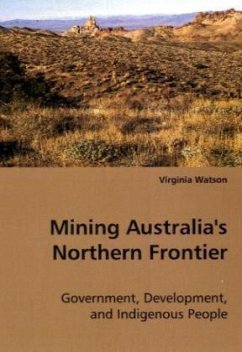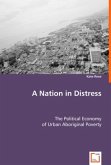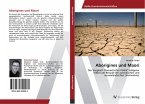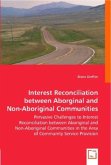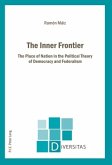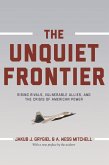This book makes a unique contribution to the understanding of Australia's frontier history by outlining the different political rationalities that have been used to govern the opposition between the commercial exploitation of Australia's land through mining, and its occupation by the original inhabitants. Successive governments have used different kinds of 'political rationalities' aiming sometimes to 'preserve' the Indigenous people, at other times to 'transform' them. Aborigines could be treated as passive objects of either of these strategies, or as active participants. Drawing on the work of Michel Foucault and his analysis of liberal 'governmentality', the book explains how the recognition of Aboriginal land rights and the construction of Aborigines as 'active' citizens remained caught up in a complex interplay of both preservation and transformation, and how this remains a problematic aspect of the government of Australia's Indigenous population today.
Bitte wählen Sie Ihr Anliegen aus.
Rechnungen
Retourenschein anfordern
Bestellstatus
Storno

